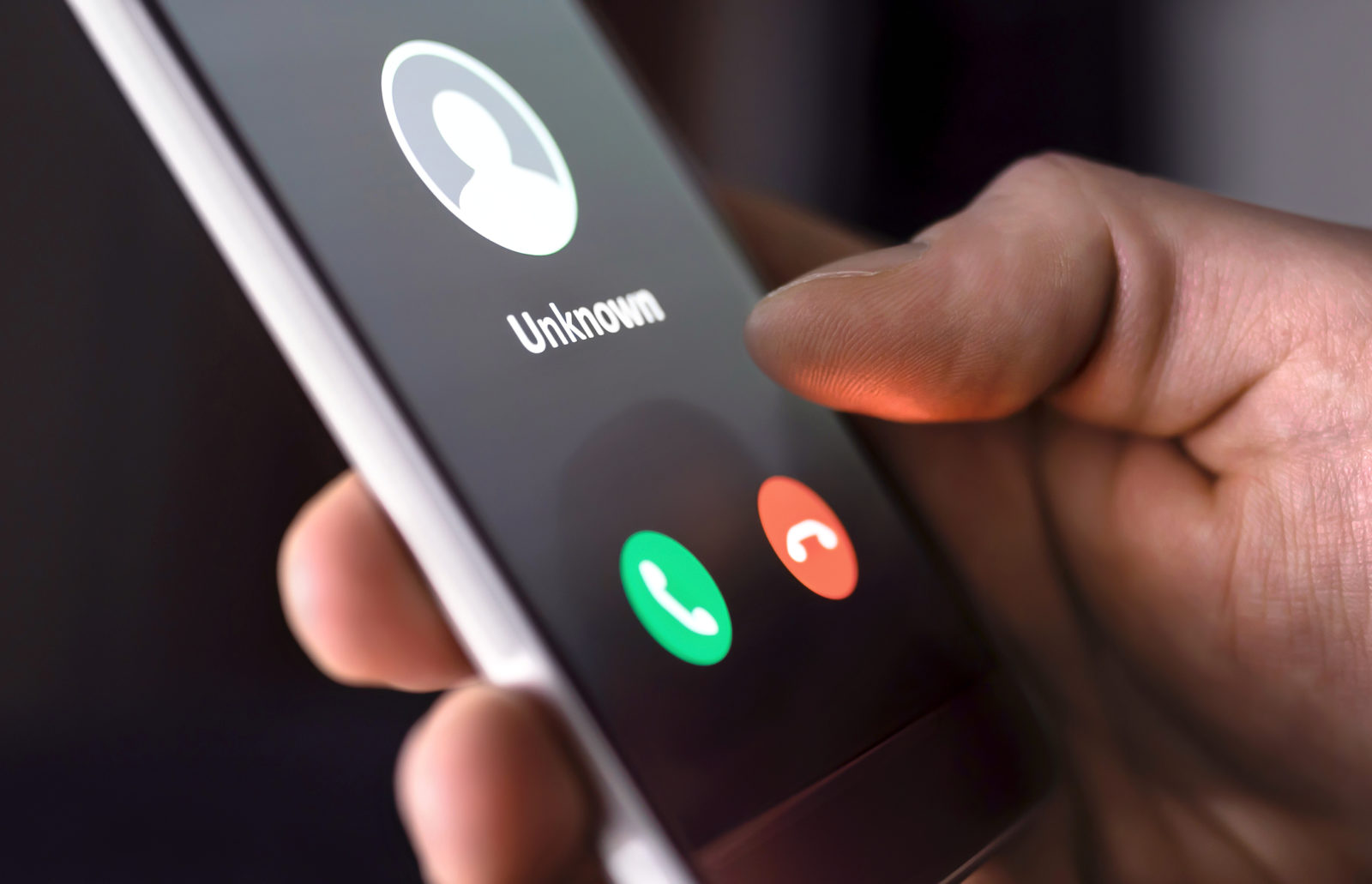Rhode Island Police: Watch Out for COVID-19 Scams!

As if this time wasn’t stressful enough, Rhode Island police said today to be cautious of COVID-19 scams, which could target residents and their personal identifiable information (things like your full name, date of birth, Social Security number, etc.).
Police are aware of and want to educate us on the following types of scams:
Fake police checkpoints and impersonations
Police have reported an uptick in illegal stops and roadblocks by people pretending to be police officers, citing violations of the stay at home order. If a police car attempts to pull you over, in most areas you can wave your hand out the window to acknowledge the siren, and then drive the speed limit to the closest well-lit public area to pull over. If you feel unsafe, call 911—the dispatcher will be able to confirm if an officer is trying to pull you over.
10 WJAR News reports that state police are manning Route 95 north, in Hopkinton, and 50 Westerly Bradford Road in Westerly.
Fake testing kits and sites
Police report that fraudulent testing sites are beginning to appear outside the state, where people are asked to pay a fee to be tested with a fake kit and told they’re healthy.
Many online scams include fake products that claim to treat, diagnose, or even prevent the virus. The U.S. Food and Drug Administration warns that companies are making deceptive claims about teas, essential oils, and supplements, as well.
Be aware that there is currently no vaccine for COVID-19; if you or a loved one have symptoms, call your healthcare provider right away. For testing, the official drive-up testing sites in Rhode Island are at the Community College of Rhode Island in Warwick, Rhode Island College, and the University of Rhode Island. CVS has a site at Twin River Casino. Your doctor must order you a test and you must have an appointment to be tested at one of these sites. Please do not show up without an appointment.
Financial scams for insurance and charities
There are several financial scams that you might encounter. For instance, be sure that any website you visit where financial or personal information is entered is official and valid. Banks, state websites, federal websites, and other such companies will have a phone number you can call to verify a web address. Never enter personal or financial information in an emailed link to a website.
Other scams are being delivered by phone—callers pretend to be the Centers for Disease Control and Prevention (CDC) or health department and tell victims that they’ve been exposed to the virus and ask for their insurance information or bank account number.
Scammers may pretend to be collecting money for a charity, claiming to help those affected by the virus or to give donated gifts to healthcare workers. Or they may be after your credit card number, bank account or other personal information in order to steal your money. Charity Navigator advises that we ask for an organization’s EIN (employer identification number) before giving any money. You can then use their tool to look up the organization and verify their tax-exempt (or non-profit) status—if they don’t provide it, or they don’t appear in the search results, don’t donate.
There are many other types of scams and, as always, education is key to prevention.
If you’ve encountered something or someone suspicious, play it safe and avoid giving any personal or financial information until you can verify their identity or claim. You can call the Rhode Island Consumer Protection Unit at 401-274-4400, or your local police department through their non-emergency line for assistance. Staff at any Charlesgate community can help seniors avoid elder fraud—during and after COVID-19.
![Charlesgate [logo]](https://www.charlesgate.net/wp-content/uploads/sites/218/2016/12/logo-new.png)